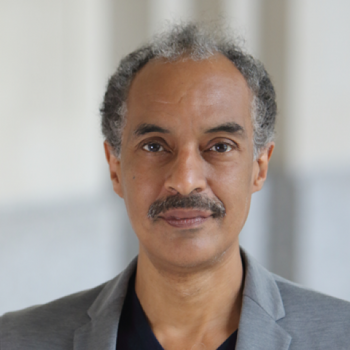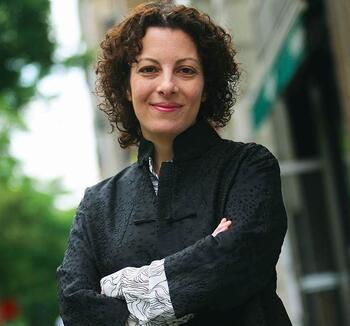S.T. Lee Lecture: Anarchy Foretold: West Africa’s Democratic Backsliding

2022 S.T. LEE LECTURE
In the 1990s and early 2000s, most West African nations embarked on transitions to democratic governance. In the ensuing decade, the sub-region enjoyed relative peace and material progress. Unfortunately, these gains in democratization are being eroded. The lecture contends that democratic reforms at the turn of the 21st century were key drivers of the subsequent sanguine political, social, and economic conditions in the ECOWAS group; that popular attitudes in today’s West African societies are largely anti-autocratic; and that therefore the unfolding retreat from democratic governance in nations across the sub-region portends ill for their overall stability and material prosperity in the 2020s and beyond. The lecture proposes measures to arrest the democratic recession in West African nations to prevent economic decline, social unrest, and political implosion.
The S.T. Lee Lectureship is named for Seng Tee Lee, a business executive and noted philanthropist. Dr. Lee is the director of the Lee group of companies in Singapore and of the Lee Foundation.
Dr. Lee endowed the annual lectureship at the Freeman Spogli Institute for International Studies in order to raise public understanding of the complex policy issues facing the global community today and to increase support for informed international cooperation. The S.T. Lee Distinguished Lecturer is chosen for his or her international reputation as a leader in international political, economic, social, and health issues and strategic policy-making concerns.
ABOUT THE SPEAKER

E. Gyimah-Boadi is co-founder and board chair of Afrobarometer, the pan-African survey research network and global reference point for high-quality data on African democracy, governance, and quality of life. He is also co-founder and former executive director of the Ghana Center for Democratic Development, a leading independent democracy and good-governance think tank. A former professor in the Department of Political Science at the University of Ghana, he has also held faculty positions at several universities in the United States, including the American University’s School of International Service, as well as fellowships at Queen Mary University; the Center for Democracy, Rule of Law and Development at Stanford University; the Woodrow Wilson International Center for Scholars; and the International Forum for Democratic Studies at the National Endowment for Democracy.
A graduate of the University of California (Davis) and University of Ghana (Legon), Gyimah-Boadi is a fellow of the National Academy of Sciences (U.S.) and the Ghana Academy of Arts and Sciences. For his contributions to research and policy advocacy on democracy, accountable governance, and human rights, he has won a myriad of awards, including the Distinguished Africanist of the Year Award of the African Studies Association (2018); the Martin Luther King, Jr. Award for Peace and Social Justice (2017); and one of the Republic of Ghana’s highest honors, the Order of Volta (2008). He was named one of New African Magazine’s “100 Most Influential Africans of 2021.”










